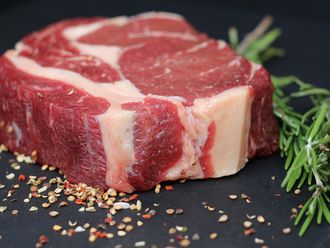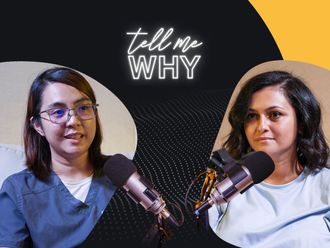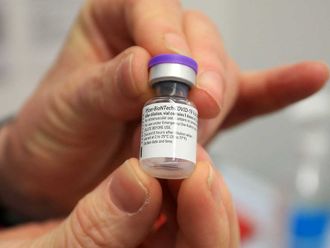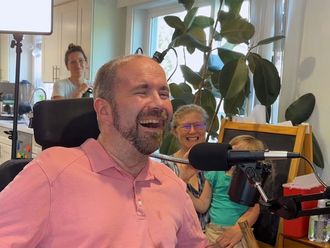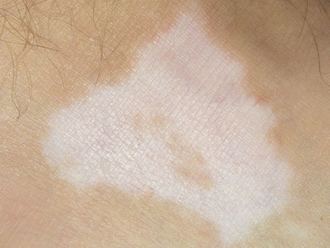
Fasting during Ramadan requires adult Muslims over the age of puberty to abstain from food, drink, unnecessary medicine or chemicals and smoking from dawn to sunset for a month every year.
There are health related side-effects to fasting, especially when Ramadan falls in the summer months. Potential risk factors include dehydration, tiredness, fatigue, dizziness, headaches, nausea, vomiting, heat exhaustion and general malaise. Also, the tendency to over-eat when the fasting ends at Iftar can lead to bloating, acidity and indigestion.
In addition to physical complaints, while fasting people can suffer emotional and mental health disturbances, which can interfere with their daily lives. A study published in Psychosomatic Medicine found that irritability increased during Ramadan, peaking in the final few days, while research in Therapie reported that daytime sleepiness also increased. Similarly, a study in Annals of Nutrition and Metabolism found that alertness and mood decrease when fasting.
Dietician
Safeek Ali is a dietician at Welcare Hospital (www.welcarehospital.com,04-2827788). He says:
"During fasting, the body is able to clean itself - the blood is detoxified and this helps to clear out complications that have arisen from a bad diet and unhealthy lifestyle.
"Prior to fasting, taper off your addictions, such as caffeine, salt and sugar, to prevent withdrawal headaches and discomfort. Begin eating smaller meals to prepare your mind, stomach and appetite.
"When fasting, avoid too many fried and spicy foods as it may increase the gastric acidity and cause heartburn. Also avoid carbonated drinks as these can produce gas and cause discomfort.
"Suhour is important for both religious and health reasons. Eat slow-digesting fibre-rich foods to last you through the day.
"Iftar is often a multi-dish meal. Try not to over-eat as this may cause bloating or heaviness. Dates and juices are good sources of sugars and help the body to access energy quickly.
"Intake of a balanced diet is critical to maintain good health, to sustain an active lifestyle and to attain the full benefits of Ramadan."
Nephrologist
Dr Mohammed Salah Mohammed is a consultant in internal medicine and in nephrology at Medcare Hospital (04-4079100). He says:
"Fasting during the month of Ramadan is a must for every healthy adult Muslim. Over the years, people have found many health benefits to fasting. To fast in a healthy way, one has to follow certain simple guidelines:
>> Stay hydrated: At Suhour, drink plenty of fluids to replenish your body's stores.
>> Stay out of the sun: When fasting during summer in the UAE, dehydration is an issue. Avoid exposure to direct sunlight and if you work outside, try to change your schedule to night shifts. These tactics will help you avoid dehydration.
>> Boost blood sugar: When you break your fast, start with a few dates to help raise your blood sugar levels quickly. This will help stop you from overeating, which can lead to stomach ache and an uncomfortable feeling."
Naturopath
Dr Parviz Rashvandis a naturopathic doctorat Synergy IntegratedMedical Centre (04-3485452).He says:
"Fasting is the single greatest natural healing therapy and is a universal ‘remedy' for many problems. It is one part of the trilogy of nutrition - balancing and building are the others - and it is the missing link in the Western diet.
"It is advisable to eliminate all stimulants, including nicotine, caffeine and sugar, as well as all chemicals and drugs, unless essential. Try to have at least one serving of raw fruit, vegetables and juices before the fasting starts.
"A healthy diet is crucial for maintenance. So, make sure your diet is balanced and contains suitable amounts of each major food group, as well as all vitamins and minerals necessary to keep the body in the best level of activity. The diet should comprise of 30 per cent fat, 30 per cent protein and 40 per cent carbohydrates.
"There are two types of carbohydrates - simple, which includes sugars and fruits, and complex carbohydrates, such as pasta and potatoes. I would advise including both types in your diet."
Got a question for our experts? Email us at aquariusedit@alnisrmedia.com


